Results for: cell phones cancer

5G Is Coming
The imminent roll out of 5G technology has again sparked media coverage of the possible risks of EMF exposure, but the scientific consensus remains that the technology is safe.
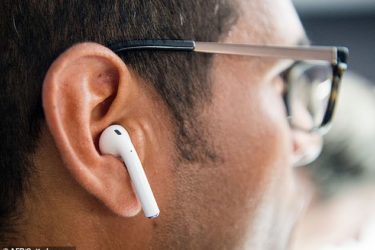
Scientists Sign Petition Warning about EMF
A petition signed by 250 scientists warns about wireless technology, but the science is not on their side.

Are Smart Meters a Health Risk?
Don't worry. There is no plausible health risk from the miniscule EMF from smart meters.

Afflicted and the Tragedy of Fake Illnesses
Afflicted is a documentary following the lives and treatments of people "diagnosed" with illnesses not recognized by science. Conversely, it could also be seen as a documentary illustrating the risks and harms of alternative medicine.
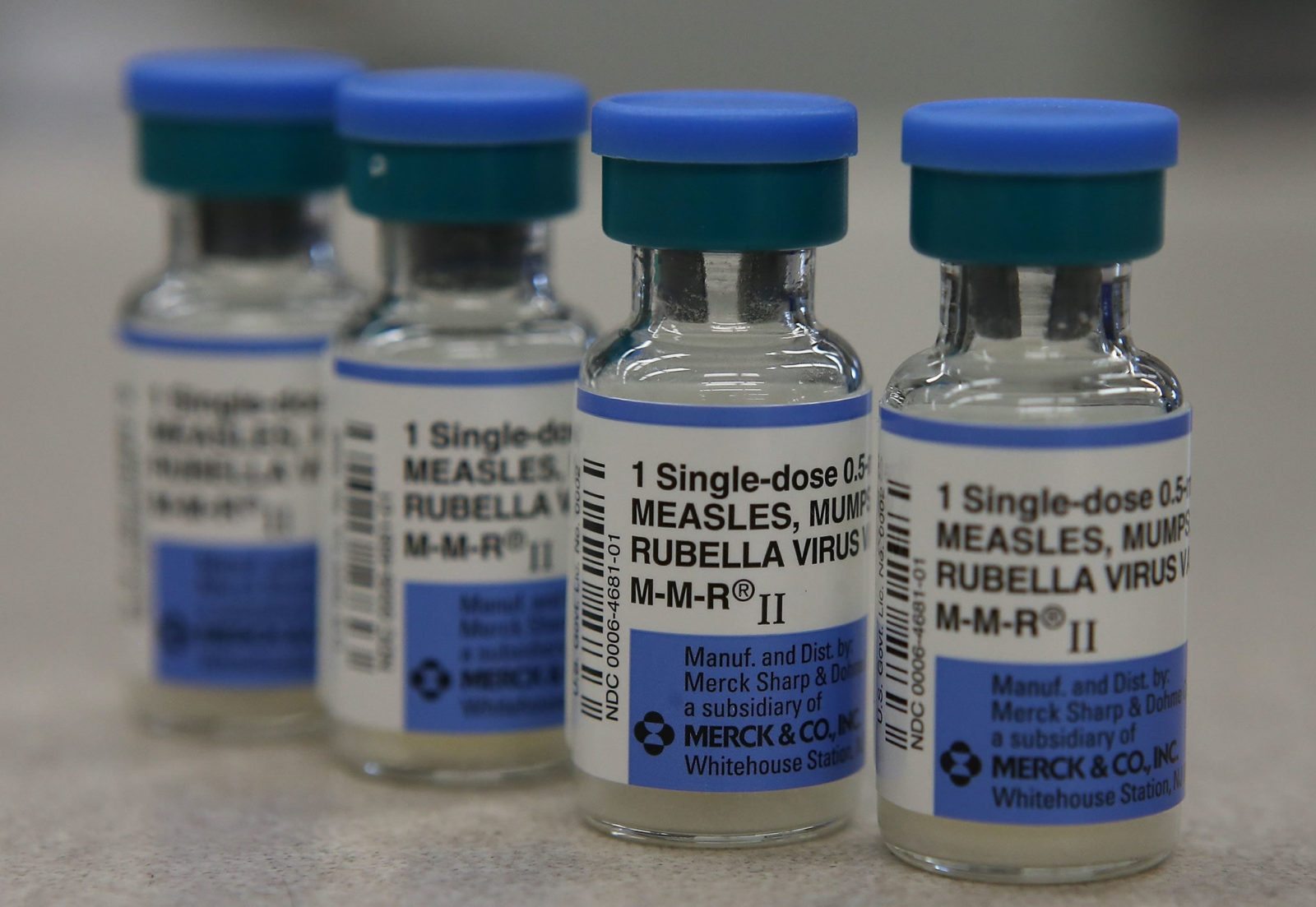
Are antivaxers “holding science hostage”?
Melinda Wenner Moyer published an article in The New York Times arguing that fear of how antivaxers will react to scientific findings is leading scientists to self-censor. I'm not convinced that this is the case.
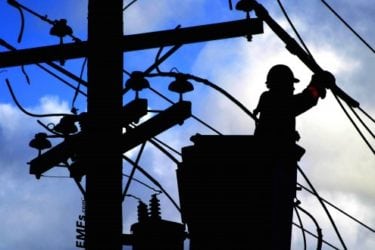
Electromagnetic Fields at Work Show No Brain Tumor Risk
A new study finds no significant correlation between workplace exposure to radio frequency (RF) or intermediate frequency (IF) electromagnetic waves and the most common brain tumors. This is more reassuring evidence that non-ionizing EMFs are probably safe.
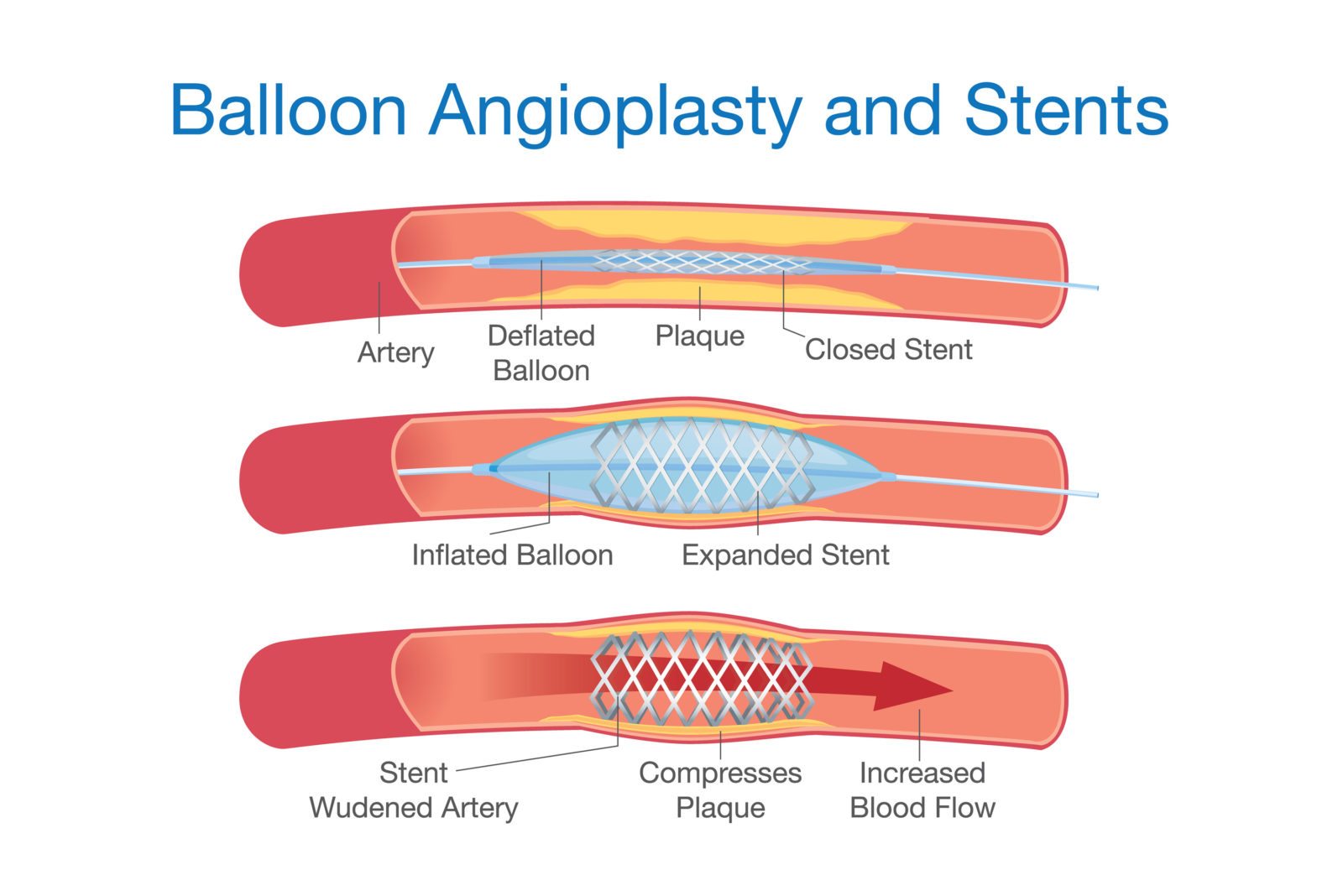
ORBITA: Another clinical trial demonstrating the need for sham controls in surgical trials
Last week, the results of ORBITA were published. This clinical trial tested coronary angioplasty and stenting versus optimal medical management in patients with single-vessel coronary artery disease. It was a resoundingly negative trial, meaning that adding stenting to drug management didn't result in detectable clinical improvement. What was distinctive about this trial is that it used a sham procedure (i.e., placebo) control,...

Naturopathic Experiences: Remembrance of things past.
Interacting with patients who also get care from naturopaths: uncomfortable dilemmas.

Corrigendum. The week in review for 03/05/2017
Canada's Bad Science Wants You. Penguins get acupuncture, tiger cubs get chiropractic. Homeopathic lead for lead toxicity. I'm an idiot. And more
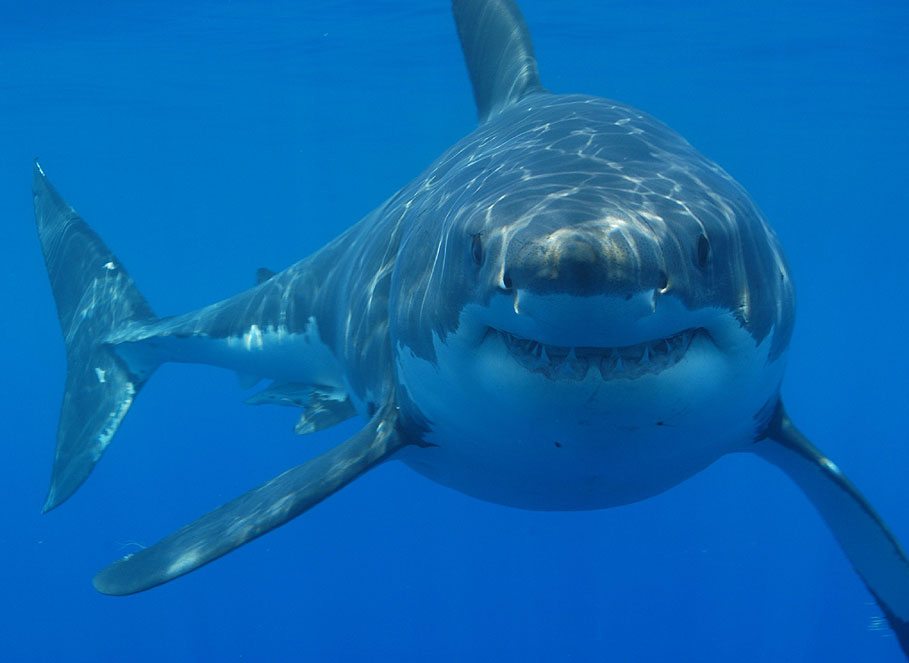
Why Do Things That Are Unlikely to Harm Us Get the Most Attention?
We are very bad at assessing risk, often giving the most attention to the things that are least likely to harm us. Geoffrey Kabat's new book teaches us how to think more clearly about scientific studies of environmental health risks.

